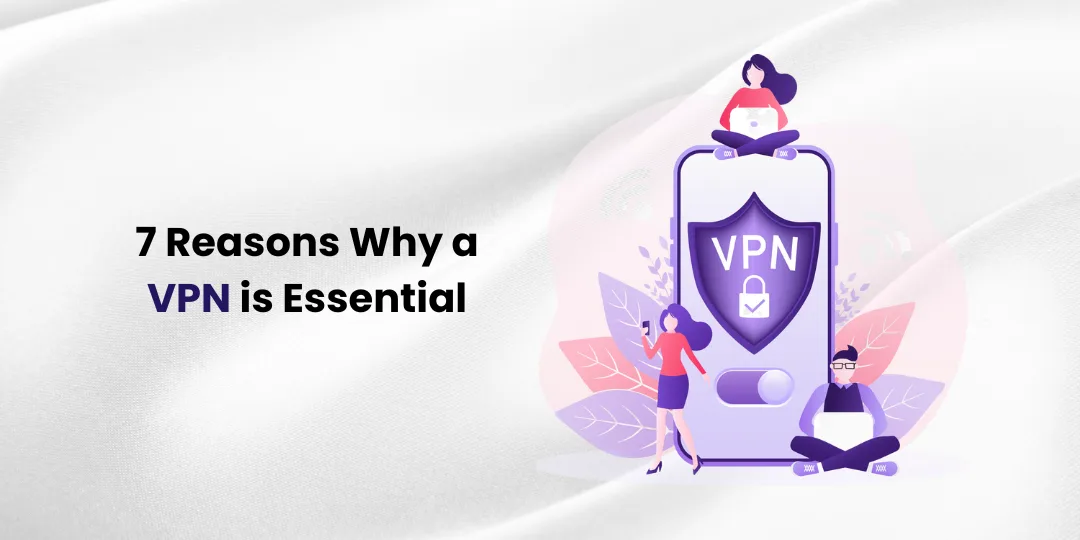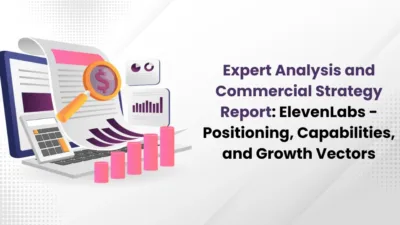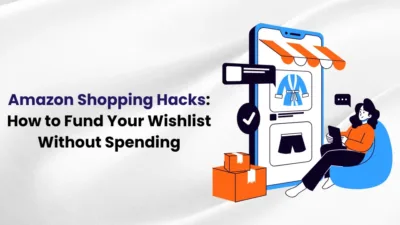The internet isn’t the same place it was even five years ago. Between streaming geo-blocks, workplace surveillance, and governments getting increasingly nosy about our digital habits, a VPN has gone from “nice to have” to “absolutely essential” for most people. The digital landscape has fundamentally shifted, and those who aren’t adapting are leaving themselves vulnerable to everything from data theft to missing out on content they’re paying for.

Streaming without Borders
Remember when Netflix actually had good movies? Well, turns out they still do, just not in your region. The streaming wars have created a weird world where content libraries vary wildly by country. Whether you’re trying to access FanDuel to bet on a live soccer match while traveling or catch that show everyone’s talking about that’s somehow only available in three countries, a VPN lets you virtually hop borders – the VPN pros at VPNoverview offer some useful tips on how to browse unrestricted.
This isn’t just about entertainment anymore. Sports fans are dealing with blackout restrictions that make no sense in the streaming age, and you might pay for a service but still can’t watch your local team because of archaic broadcasting agreements. News outlets increasingly geo-restrict their content, meaning you can’t access certain perspectives or coverage just because of where you happen to live.
The same goes for music streaming platforms, podcasts, and even YouTube videos that get region-locked for licensing reasons. We’re paying for global services that deliver local experiences, and frankly, that’s not what we signed up for.
Privacy That Actually Matters
Your internet service provider can see everything you do online, and in many places, they’re legally allowed to sell that data. Every website you visit, every search you make, every late-night Wikipedia rabbit hole, it’s all logged and potentially monetized.
Think about what that means. Your ISP knows when you’re job hunting, when you’re having health issues, when you’re researching financial problems, or when you’re planning major life changes. This information is incredibly valuable to marketers and potentially damaging in the wrong hands.
A VPN encrypts your traffic so your ISP just sees gibberish; they know you’re online, but they can’t see what you’re doing. It’s like having a private tunnel in the middle of a very public highway, and this protection extends beyond just your ISP; it also shields you from government surveillance programs that collect bulk internet data.
Public Wi-Fi Protection
Coffee shop Wi-Fi is convenient but dangerous, and when you connect to public networks, you’re basically shouting your data into a crowded room where anyone with basic tech skills can intercept it. The rise of remote work has made public Wi-Fi more tempting than ever, but it’s also made the risks more severe.
Consider what you typically do on public networks:
- Check your bank account while waiting for your flight
- Access work emails containing sensitive information
- Log into social media accounts with personal details
- Shop online and enter credit card information
- Video call with family, sharing personal conversations
- Access cloud storage with important documents
Every single one of these activities becomes a potential security risk on unsecured networks, as hackers use tools that can intercept this data in real-time, and some even set up fake Wi-Fi hotspots specifically to steal information from unsuspecting users.
A VPN creates a secure connection even on sketchy public networks, so you can actually use that airport Wi-Fi without paranoia. It’s the difference between sending a postcard and sending a sealed letter.
Bypassing Censorship and Restrictions
Whether it’s your workplace blocking social media, your school restricting certain websites, or entire countries censoring information, VPNs help you access the open internet. This isn’t just about entertainment; it’s about accessing news, educational resources, and communication platforms that might be arbitrarily blocked.
Corporate firewalls have become increasingly aggressive, sometimes blocking legitimate educational content or news sites alongside social media, and students face similar restrictions that can actually hinder their research and learning. In some cases, these blocks are so broad they interfere with legitimate work activities.
On a global scale, internet censorship is expanding. Countries are blocking access to messaging apps, news outlets, and entire platforms based on political considerations, and even in democratic countries, certain content gets geo-blocked due to legal concerns that may not apply to individual users.
Remote Work Security
With remote work becoming permanent for many people, companies are realizing that home networks aren’t as secure as office ones.
Many employers now require VPN connections to access company resources, but even if yours doesn’t, protecting your work communications is crucial for your career and your company’s security.
Home networks often use default router passwords, outdated security protocols, and lack the enterprise-grade protection that office networks typically have. When you’re handling client data, financial information, or proprietary company details from your kitchen table, that security gap becomes a serious liability.
Financial and Identity Protection
Online banking and shopping have become routine, but they’re also prime targets for cybercriminals. A VPN adds an extra layer of security to these transactions, making it much harder for attackers to intercept your financial data.
Identity theft has evolved beyond simple credit card fraud, as criminals can now piece together information from multiple sources to build complete profiles they use to open accounts, apply for loans, or even commit crimes in your name; every piece of unprotected data contributes to this puzzle.
Future-Proofing Your Privacy
Governments worldwide are passing increasingly invasive surveillance laws. What’s legal and private today might not be tomorrow, so having a VPN already set up and working means you’re prepared for whatever privacy challenges come next.
The trend toward digital surveillance isn’t slowing down. New laws regularly expand what data governments can collect, how long they can store it, and how they can use it. Tech companies are also collecting more data than ever before, often in ways users don’t fully understand.
A VPN doesn’t solve every privacy problem, but it’s a fundamental tool for maintaining control over your digital footprint; it’s about preserving the option to be private, even when the default assumption is that everything should be monitored and recorded.
The internet was supposed to be borderless and free and a VPN helps keep it that way.





